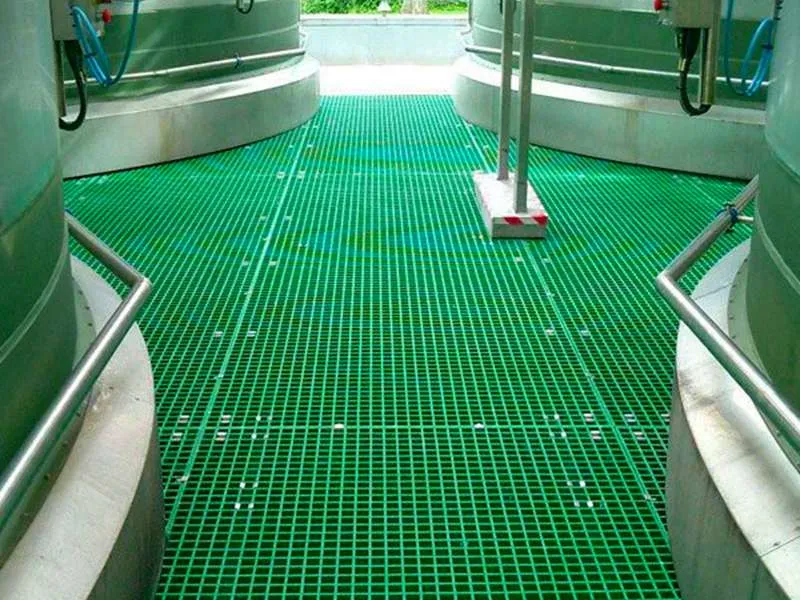
-
 Afrikaans
Afrikaans -
 Albanian
Albanian -
 Amharic
Amharic -
 Arabic
Arabic -
 Armenian
Armenian -
 Azerbaijani
Azerbaijani -
 Basque
Basque -
 Belarusian
Belarusian -
 Bengali
Bengali -
 Bosnian
Bosnian -
 Bulgarian
Bulgarian -
 Catalan
Catalan -
 Cebuano
Cebuano -
 China
China -
 China (Taiwan)
China (Taiwan) -
 Corsican
Corsican -
 Croatian
Croatian -
 Czech
Czech -
 Danish
Danish -
 Dutch
Dutch -
 English
English -
 Esperanto
Esperanto -
 Estonian
Estonian -
 Finnish
Finnish -
 French
French -
 Frisian
Frisian -
 Galician
Galician -
 Georgian
Georgian -
 German
German -
 Greek
Greek -
 Gujarati
Gujarati -
 Haitian Creole
Haitian Creole -
 hausa
hausa -
 hawaiian
hawaiian -
 Hebrew
Hebrew -
 Hindi
Hindi -
 Miao
Miao -
 Hungarian
Hungarian -
 Icelandic
Icelandic -
 igbo
igbo -
 Indonesian
Indonesian -
 irish
irish -
 Italian
Italian -
 Japanese
Japanese -
 Javanese
Javanese -
 Kannada
Kannada -
 kazakh
kazakh -
 Khmer
Khmer -
 Rwandese
Rwandese -
 Korean
Korean -
 Kurdish
Kurdish -
 Kyrgyz
Kyrgyz -
 Lao
Lao -
 Latin
Latin -
 Latvian
Latvian -
 Lithuanian
Lithuanian -
 Luxembourgish
Luxembourgish -
 Macedonian
Macedonian -
 Malgashi
Malgashi -
 Malay
Malay -
 Malayalam
Malayalam -
 Maltese
Maltese -
 Maori
Maori -
 Marathi
Marathi -
 Mongolian
Mongolian -
 Myanmar
Myanmar -
 Nepali
Nepali -
 Norwegian
Norwegian -
 Norwegian
Norwegian -
 Occitan
Occitan -
 Pashto
Pashto -
 Persian
Persian -
 Polish
Polish -
 Portuguese
Portuguese -
 Punjabi
Punjabi -
 Romanian
Romanian -
 Russian
Russian -
 Samoan
Samoan -
 Scottish Gaelic
Scottish Gaelic -
 Serbian
Serbian -
 Sesotho
Sesotho -
 Shona
Shona -
 Sindhi
Sindhi -
 Sinhala
Sinhala -
 Slovak
Slovak -
 Slovenian
Slovenian -
 Somali
Somali -
 Spanish
Spanish -
 Sundanese
Sundanese -
 Swahili
Swahili -
 Swedish
Swedish -
 Tagalog
Tagalog -
 Tajik
Tajik -
 Tamil
Tamil -
 Tatar
Tatar -
 Telugu
Telugu -
 Thai
Thai -
 Turkish
Turkish -
 Turkmen
Turkmen -
 Ukrainian
Ukrainian -
 Urdu
Urdu -
 Uighur
Uighur -
 Uzbek
Uzbek -
 Vietnamese
Vietnamese -
 Welsh
Welsh -
 Bantu
Bantu -
 Yiddish
Yiddish -
 Yoruba
Yoruba -
 Zulu
Zulu
fiberglass products for thermal and nuclear power
Fiberglass Products for Thermal and Nuclear Power Applications
Fiberglass, a composite material made from fine glass fibers, has emerged as a pivotal component in the thermal and nuclear power sectors. Its unique properties, including high thermal resistance, low thermal conductivity, and excellent corrosion resistance, make it an ideal choice for various applications in these industries.
In thermal power plants, fiberglass is commonly utilized in insulation applications. Insulating materials are crucial for maintaining efficiency and safety in power generation processes. Fiberglass insulation helps to minimize heat loss in steam lines, turbines, and other critical components, ensuring that energy is utilized efficiently. The lightweight nature of fiberglass also contributes to easier handling and installation, reducing labor costs and time while enhancing overall operational efficiency.
Moreover, the chemical properties of fiberglass render it highly resistant to corrosion, which is particularly important in environments exposed to high temperatures and aggressive substances. In facilities that use heat exchangers, fiberglass products offer a longer lifespan compared to traditional materials. This durability leads to reduced maintenance costs and operational downtime, critical aspects in the highly competitive energy sector.
fiberglass products for thermal and nuclear power

In the realm of nuclear power, the application of fiberglass products is equally significant. Nuclear plants require materials that can withstand extreme conditions while ensuring safety and reliability. Fiberglass composites are used in various structural components, including containment structures and support systems. Their ability to endure significant radiation exposure without degrading over time makes them a preferred choice in nuclear facilities.
Additionally, fiberglass can be designed to meet specific regulatory standards regarding fire resistance and environmental safety. This versatility ensures compliance with stringent industry requirements, further highlighting its utility in power generation settings.
The benefits of fiberglass extend beyond just structural applications; it also promotes environmental sustainability. As the energy sector increasingly focuses on reducing its carbon footprint, the use of fiberglass can lead to lower emissions and less energy consumption overall, aligning with global sustainability goals.
In conclusion, fiberglass products play a critical role in enhancing the safety, efficiency, and sustainability of thermal and nuclear power generation. Their unique properties and adaptability to various conditions make them indispensable in modern energy infrastructure. As the industry continues to evolve, the demand for innovative fiberglass applications is likely to grow, paving the way for a more resilient and sustainable energy future.









